Overarching strategy for skills and adult learning – Mark Dawe speaks to FE News about the Lifelong Learning Commission
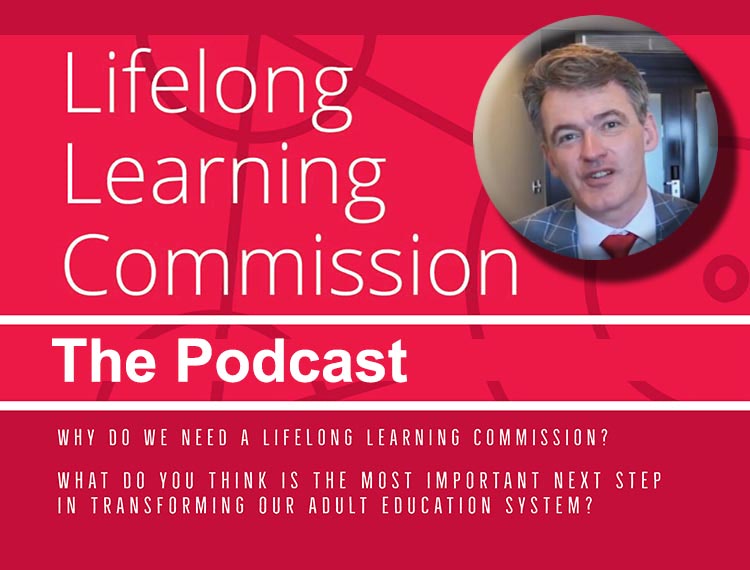
Talking to FE News at this year’s Labour Party Conference, Mark Dawe, Chief Executive of the Association of Employment and Learning Providers (AELP), shares his thoughts on the Lifelong Learning Commission and where its priorities should lie.
Why do we need a Lifelong Learning Commission?
I think the important aspect of the Lifelong Learning Commission is that we need an overall strategy, particularly for skills and learning through the adult phase as well.
At the moment we’ve got bits and pieces of policy and it’d be nice to have an overarching policy that puts it all together and ensure that any individual had the learning and development they needed through their life.
And what do you think is the most important next step in transforming our adult education system?
I think there’s a range of things that need to happen at the moment. Obviously, our current work is around apprenticeships in particular, and we’ve got a real issue about funding for apprenticeships in SMEs and in the non levy world. So that actually affects a lot of adults in terms of their training and development. So we definitely need something there.
We definitely need something around supporting those that are 19 and still haven’t got the qualifications they need to work. And we definitely need a much better approach to what’s been called the national retraining scheme, the reskilling of workers. Some early ideas are flying around, but we actually need some money to deliver training as well, so those would be my priorities at the moment.
Who do you think responsibility for training should be down to, is it government, employers, or individuals?
To be honest, I’m going to give you an answer, which is all. All of them. Depending where they are, and what level they’re at and what’s needed, depends on the amount of government, employer, or individual contribution. So if an employer has new equipment or a new approach, then obviously they should be training their staff for that.
If it’s about someone who’s had a poor experience at school, and has not got the skills they need. Then I say the government has a greater responsibility because they’ve not helped that individual through their school career.
If an individual was actually looking to better themselves and move into a new career, or a higher level, and it is them being self driven, then probably the individual would pay more.
So it balances out depending on what the motivation is and really who we think the responsibility should sit with given the history.
Mark Dawe, Chief Executive of the Association of Employment and Learning Providers (AELP)




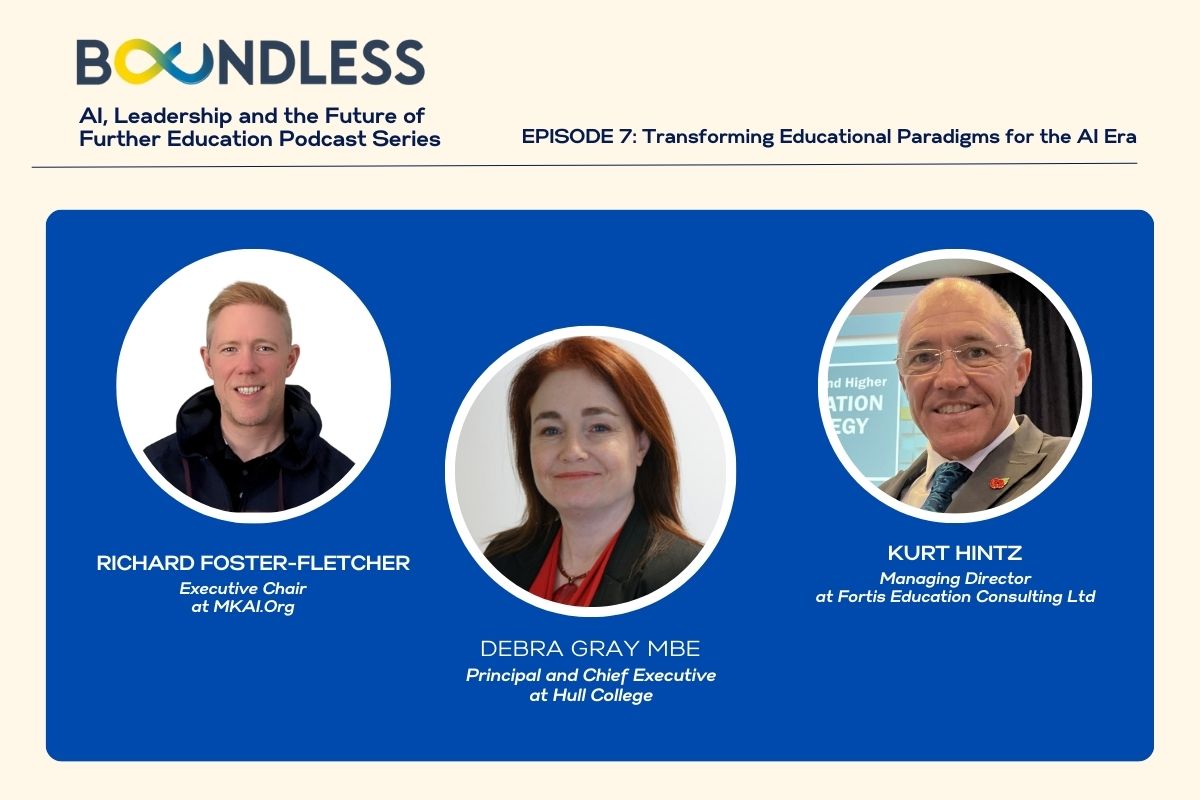
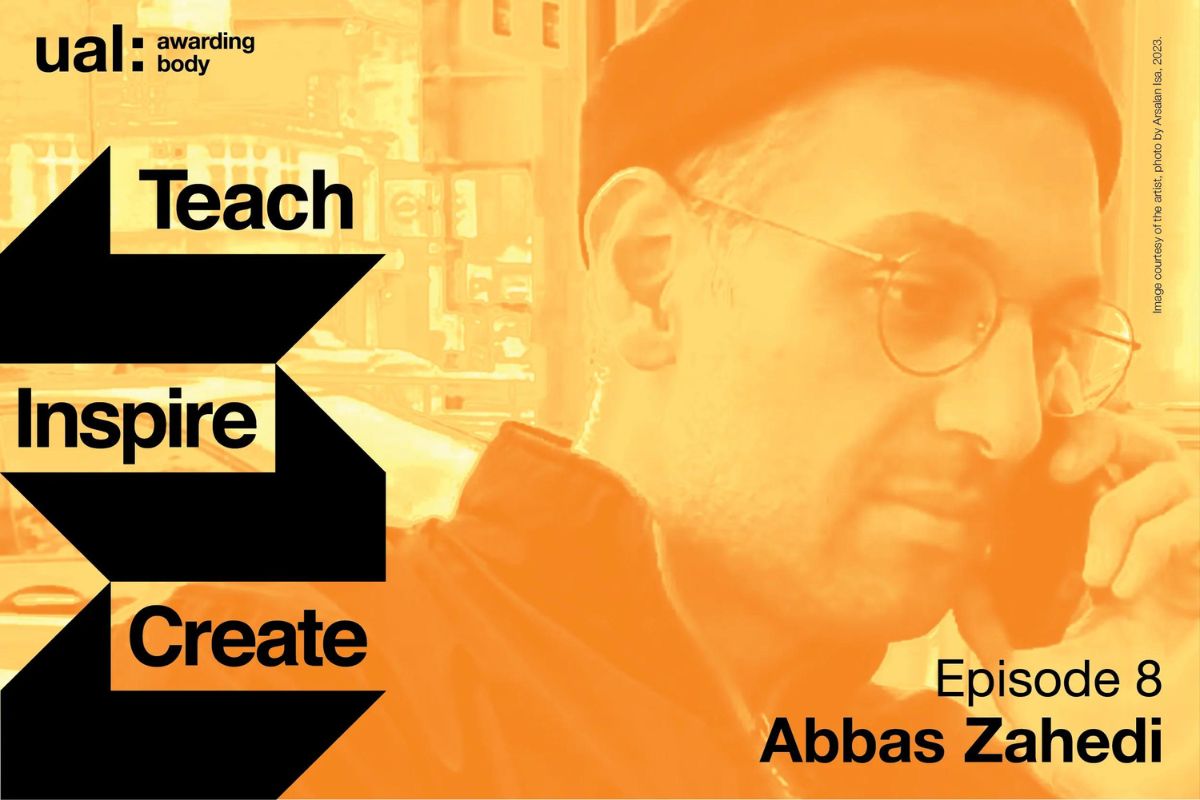
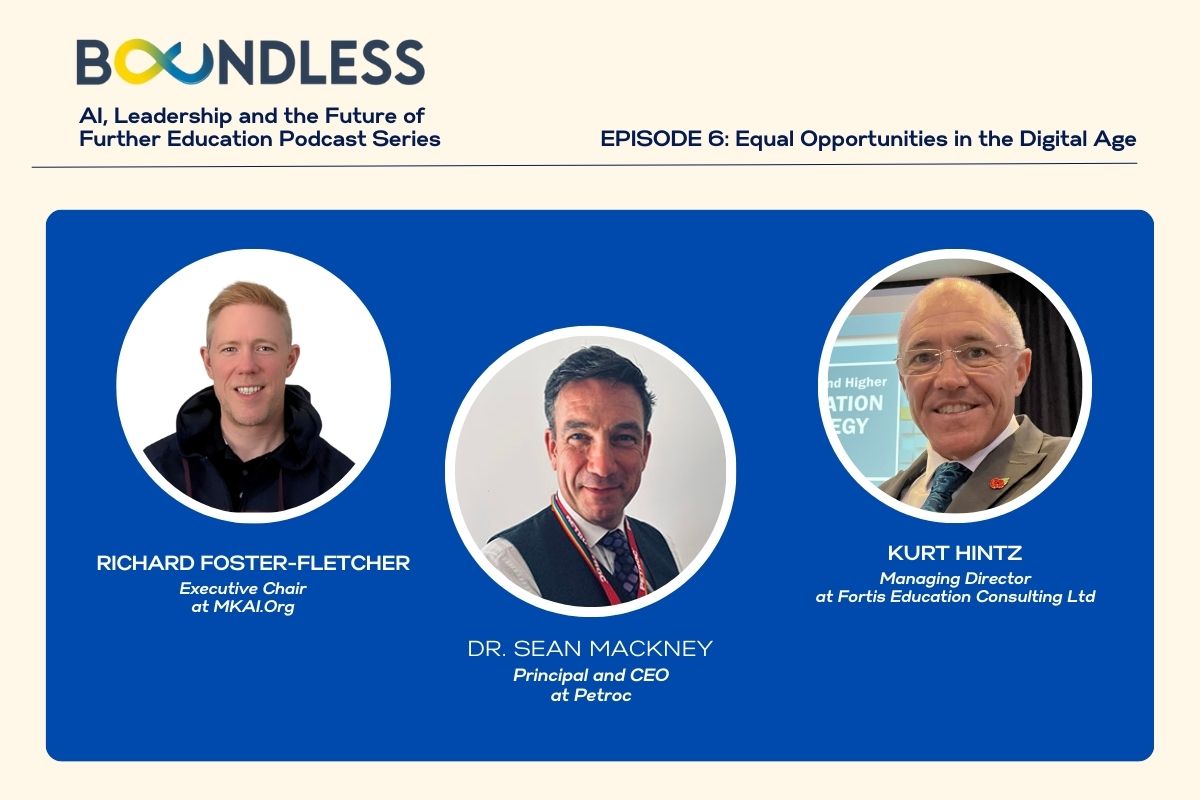


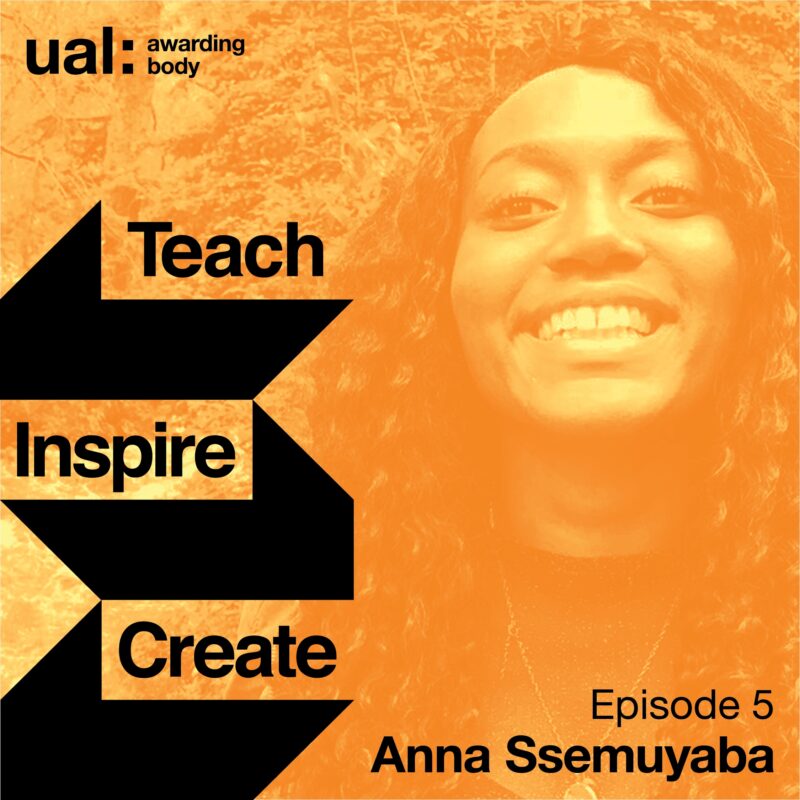
Responses